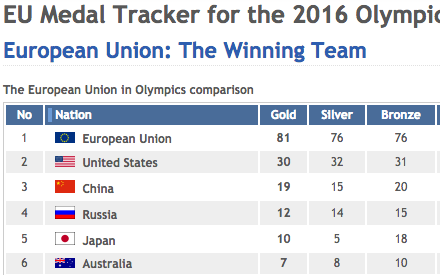The Z-Man on the post-modern business models used by Amazon, Facebook, and Tesla:
The key for Amazon making it all these years was to keep people focused on everything but their financials. This is not an exception. Faceberg will never have earnings to justify its share price. In fact, it will never have user rates to justify its ad revenue. It’s not unreasonable to think that everything about the business is fraudulent. That should trigger large scale audits and investigations into its business practices, but Facebook is on the side of angels in the cultural revolution, so its all good.
Probably the best example of our carny-barker economy is Tesla. To his credit, Musk has built a real factory that builds real cars. No one is going to say the Tesla is a work of art or even a practical car, but it is a car and the technology is impressive. The trouble is the company does not exist to make cars. It operates as a tax sink, where government subsidies flow into it and some portion of those subsidies turn into payments to the principles in the form of stock repurchases, debt service and compensation.
This only works if people think the venture will either one day turn a profit or the technology that it creates will result in something good down the road. To that end, Musk is regularly out doing his Lyle Lanley act, making all the beautiful people feel righteous by backing his ventures. He’s also telling Wall Street that he will soon be making and selling enough cars to turn a healthy profit, even without massive tax subsidies. The trouble is, that’s probably never happening, at least not with current management.





